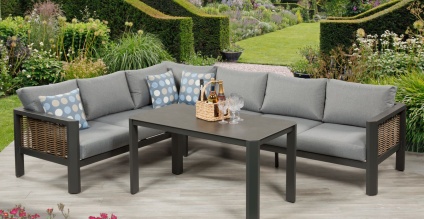It's relatively easy for most people to offer some sort of supplementary feed to wild birds, and there is a plethora of feeding stations, feeders, bird tables and more that are available to suit your requirements. So whether you have no outside space, just have a balcony, or have a small or large garden, you will find a way to be able to offer your local wild birds some food. Attracting birds will pay off in other ways too. Not only do you get to enjoy watching these attractive visitors and their behaviour, but they will, in turn, search around your garden for other food sources and thereby help clear up greenfly and other garden pests in a natural way.
But why would you feed wild birds? Here are our top 5 reasons for feeding garden birds all year round.
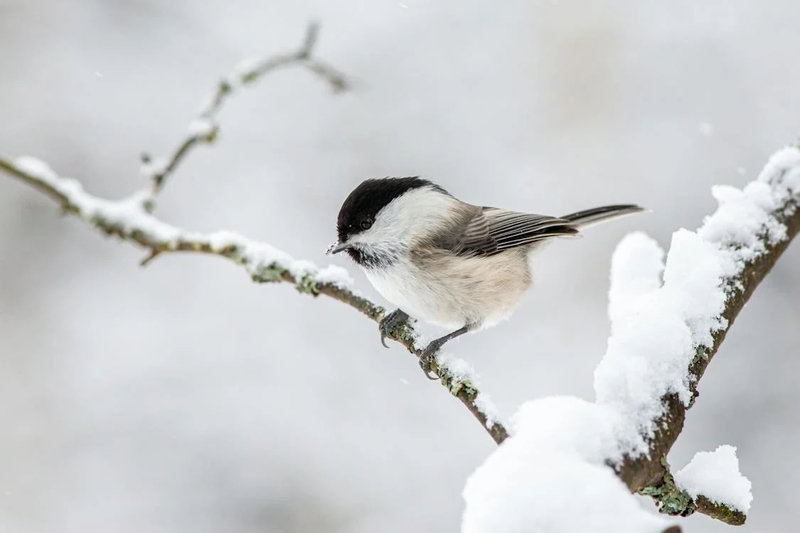
Reason 1 - Helping your garden birds survive through winter
Often we start feeding birds in the winter. When it's cold, icy and even snowing, we know there is less about for birds to feed on. Offering high fat content suplementary food is a great way to help ensure they make it through the winter months. Like us, they need to use more energy just to keep warm. They will also get used to knowing that your house is the first place they can go in the morning when they need their first meal.
Feeding suet based bird foods with seeds, and peanuts* will give plenty of fat for extra energy.
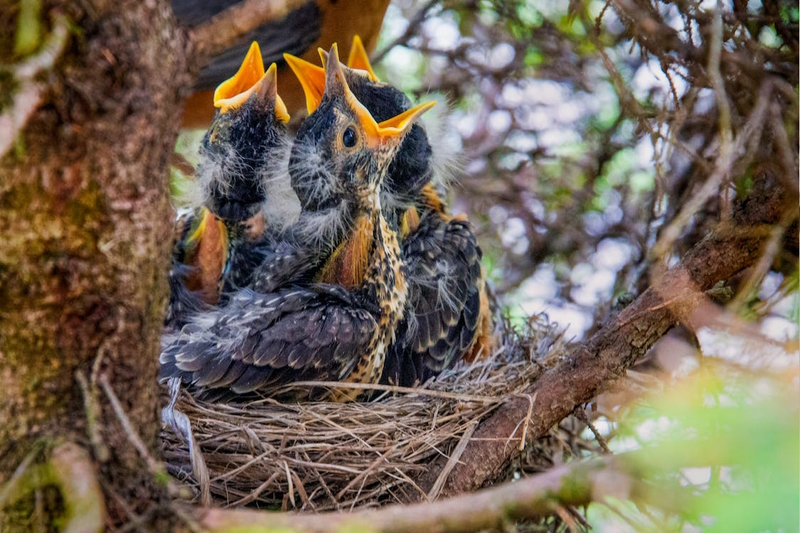
Reason 2 - Play a part in producing the next generation of healthy birds
Imagine when you look out on your garden, or from your balcony, and knowing you played a part in rearing those birds whose song you are listening to. Or the visitors to your garden now paying you back by eating the pests on your plants. Perhaps over time what was the visit of one lone tit grows into a throng of small coloured birds, enabled by a plentiful supply of food to produce more offspring and help keep the population going.
Feeding mealworm and seeds will help nourish the busy parents and give high protein content to nourish the growing fledglings.
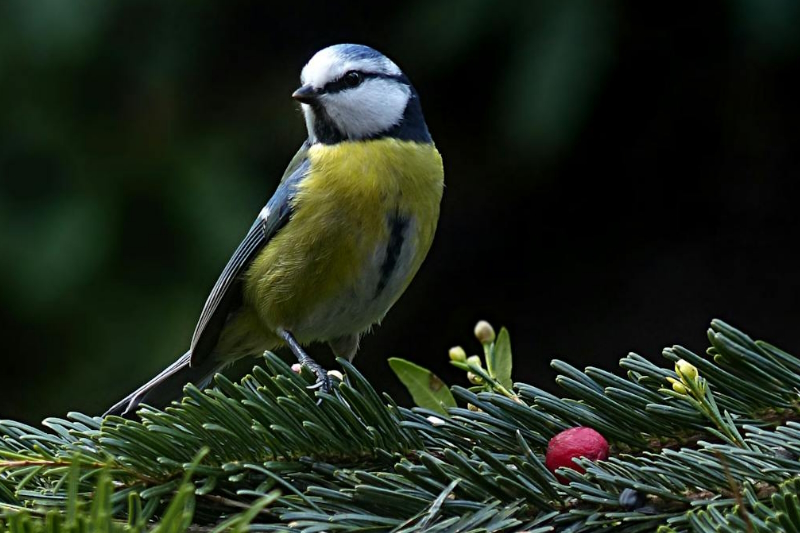
Reason 3 - Supplementing with food not otherwise available nearby
You may have garden birds locally who would really appreciate some extra ingredients because they are either out of season, or have already been eaten. Think how quickly the holly berries disappear on your trees long before you've had a chance to cut branches for your Christmas decor. Or birds that may prefer to eat seeds but the nearest fields are quite a flight away.
Feeding suet treats that have berries incorporated and offering seed mixes as well as peanuts* gives an all round menu.
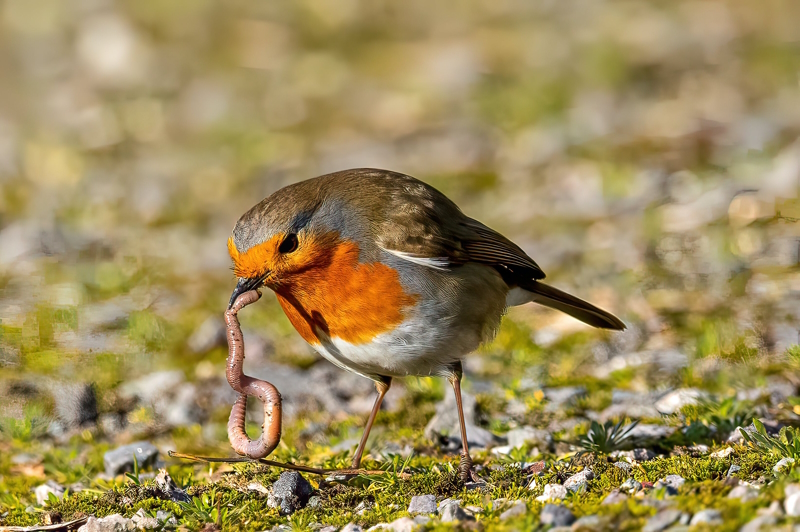
Reason 4 - Long dry conditions make it harder to source food
When you think how difficult it can be to dig the ground during long dry spells, and crops don't yield so much grain at harvest time in a dry year, you'll appreciate how hard our little feathered friends have to work sometimes to keep fed even in the summer months.
By offering them food throughout the summer as well you will help keep the population fit and healthy.
Feeding a range of foods will be of benefit at this time, attracting a variety of birds to your garden.
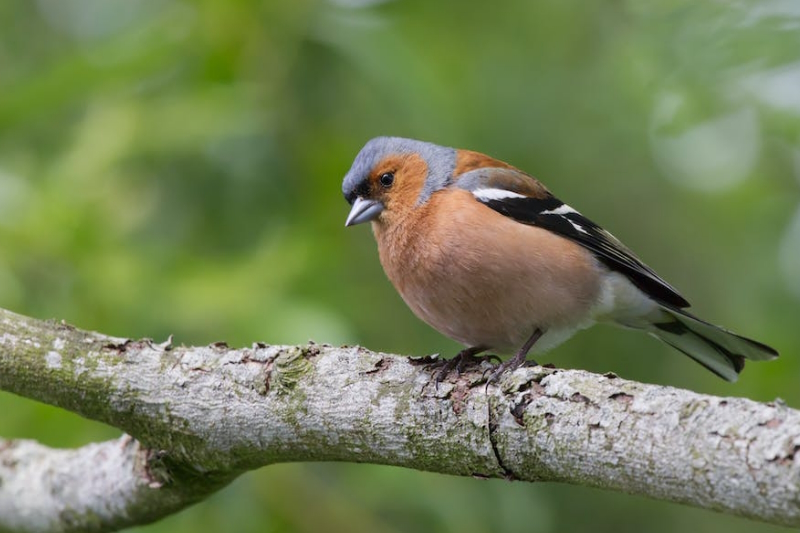
Reason 5 - Once you start, birds will rely on your kindness
Imagine your morning commute to work where every day you call in to pick up a coffee at your regular store and one morning it's closed. What do you do? Run around trying to find an alternative?
Our feathered garden visitors are so tiny that the first meal of the day, especially in bad weather, can be really important to them. By suddenly stopping feeding them they run the risk of wasting energy trying to find another source, that may not be available nearby unless your neighbours are also helping support the local bird population.
If you do want to stop putting out food, slowly cut down on the quantity you put out. This way the birds will start to look around for other food sources until they hopefully can manage well enough without yours.
Different foods for different birds
Different breeds of birds like to eat different foods.
However, most of your wild garden birds will not pass up an easy meal and if you put out a seed mix, or create your own feed mix with a selection of food types, you will find birds will take what they prefer and cast out what they don't want. Other birds will then be attracted to the 'leftovers'.
Fresh clean drinking water
As well as eating food, birds, like us, need to drink.
If you can put out some fresh, clean drinking water your garden birds can not only drink, but bathe as well. Bathing helps to clean their plumage and remove parasites. Offering water improves the habitat for birds and other animals, and provides another way of you enjoying watching your visiting birds.
Remember to clean your feeders
Decomposing old food, and food that has become wet and mouldy accumulates in your feeders over time. This can create a health hazard to your garden visitors. Birds can then be made ill by eating this or can catch or spread harmful diseases through feed that is sitting around for too long.
Ideally clean your feeders every few weeks with soapy water and dry thoroughly before re-filling with fresh food.
Here at Colour Supplies, our stores in Oswestry or Whitchurch in Shropshire, and Wrexham in Wales, have a good range of bird food, feeders, bird tables and more, all year round. We also have a selection of items available to buy online, or click below.
Buy Bird food and feeders online
Product availability and offers are subject to change, but were current at time of article.
*Please only feed peanuts that are specifically sold for bird food, and not those for human consumption.
Related Articles
Everyone puts this Patio Furniture in a Corner
We want you to put our Patio furniture in a corner - and it will be loved and it will shine because it's where it is meant to be! If you're not a teenager of the '80's you might not get the reference, but you can have the time of your life on this season's amazing corner patio sets...
Choosing the Right Lawnmower for You
Just purchased your first house, or moved into a house with your first ever lawn? Confused by the number of different types of mowers available? Let us help with this quick guide to mower types and choosing the best mower for your garden.






